‘Newtown’: Bearing Witness, and Bringing Heart, to Horror’s Aftermath
Of all the skills director Kim Snyder drew upon to make this stirring documentary about the Sandy Hook massacre, the most important was the human element of sympathy.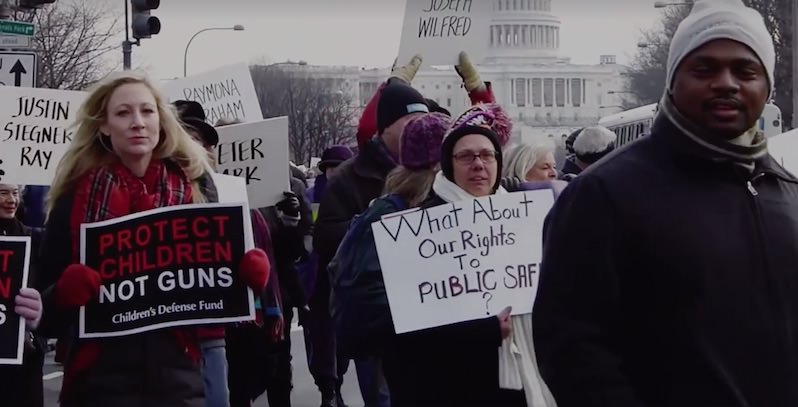
“Newtown” filmmakers used a nonpartisan approach to document the aftermath of the deadliest mass shooting of schoolchildren in American history. (Newtown Film)
Often lost in the debate on gun violence is the fact that the victims become mere numbers in the public eye, while the survivors vanish altogether. But Kim A. Snyder’s compassionate and occasionally poetic documentary “Newtown” aims to change that, spurring thought and action not through accusations and political posturing, but through basic human sympathy. The new film puts a face to the victims and survivors of the horrific 2012 massacre at Sandy Hook Elementary School, where 20 first graders and six of their instructors were killed.
“This can’t be. This isn’t supposed to happen. How can someone who was in my life for six years suddenly be gone?” asks Nicole Hockley, mother of Dylan, who perished that day, and Jake, a third-grader who survived but has symptoms of PTSD. Across the street from her house is the former home of the shooter, who took his mother’s life the morning of the crime and took his own when the deed was done. It stands silent and empty and always in Hockley’s path, reminding her. While she tries to keep a positive outlook, three years later her pain is evident even in the best of times, a telling detail that doesn’t escape Snyder’s camera. It’s the result of intimacy acquired only after spending three years among her subjects, gaining their trust.
Mark Barden asks, “Who knows how to do this?” as he struggles with the loss of his boy, Daniel. He keeps some of the child’s belongings hidden around the house as mementos, including a helmet with strands of blond hair still stuck among the padding. Barden is haunted by what his son’s final moments must have been like as he was taken by the very monster most parents assure their child doesn’t really exist.
“Everything’s going to be OK,” David Wheeler, father of victim Ben Wheeler, says to his surviving son, only to be dumbstruck by the response: “That’s what you said to Ben.” Such personal reflections are woven throughout “Newtown,” including interviews with ordinary citizens like Father Bob Weiss, who buried eight children following the tragedy, and Rick Thorne, the school’s custodian, who has been hailed by some as a hero for making three calls to 911 and keeping police on the phone for 10 minutes while confronting the shooter.
In a firehouse nearby the school, where parents were finally reunited with their children after the tragedy, all were aghast to discover so many of the first-grade parents overcome with the realization their kids were among the dead. Connecticut State Trooper Sgt. William Cario remembers finding the body of Dylan Hockley with his dead teacher’s arm still around him in an effort to comfort the small boy.
In the aftermath of Sandy Hook, Barden and Hockley cofounded Sandy Hook Promise, whose mission is to “Prevent gun-related deaths due to crime, suicide and accidental discharge so that no other parent experiences the senseless, horrific loss of their child.” To date, 865,481 have taken the “promise to do all I can to protect children from gun violence by encouraging and supporting solutions.” The wording seems purposefully nonpartisan, just as Snyder’s movie presents no agenda and dispenses with the usual reams of statistics on gun deaths.
She might have made a movie like Katie Couric’s “Under the Gun,” a fact-filled polemic that, despite its good intentions, earlier this year became mired in right-wing accusations of manipulating footage. As with Michael Moore on the left and Dinesh D’Souza on the right, such efforts usually wind up preaching to the choir. On the other hand, the danger of undertaking a politically neutral documentary on a hot-button subject is the fact that audiences, rightfully or not, expect such movies to inform them on said subject, or at least confirm existing beliefs. “Newtown” deliberately does neither. In the press notes, Snyder says her role was to bear witness. And while that may seem intellectually passive, “Newtown” is emotionally active, moving us in ways facts and figures never could.
Independent journalism is under threat and overshadowed by heavily funded mainstream media.
You can help level the playing field. Become a member.
Your tax-deductible contribution keeps us digging beneath the headlines to give you thought-provoking, investigative reporting and analysis that unearths what's really happening- without compromise.
Give today to support our courageous, independent journalists.

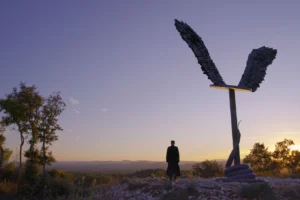
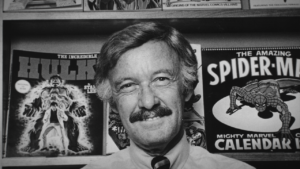
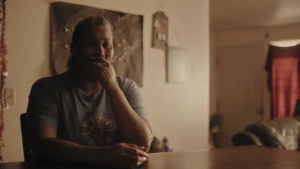

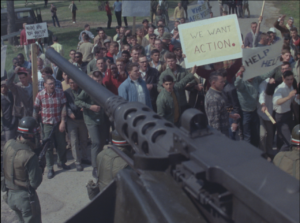
You need to be a supporter to comment.
There are currently no responses to this article.
Be the first to respond.